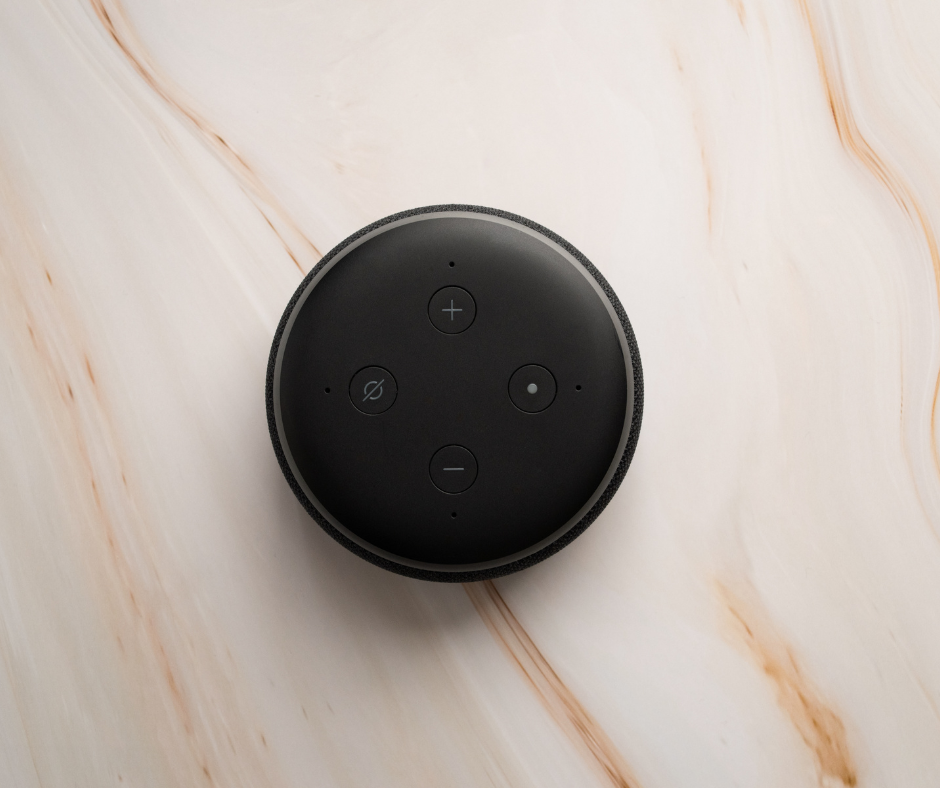Are you looking to take your marketing efforts to the next level? Business owners everywhere have embraced PPC remarketing for its powerful and effective reach.
With this innovative strategy, you’ll get more out of your advertising money by targeting previous site visitors and reminding them about your products or services. Plus, as an added bonus, it can help give your brand a significant boost!
In this blog, I look at the ins and outs of PPC remarketing — what it is, how it works and why every business should consider utilising it in their digital marketing strategy.
Contents
ToggleWhat is PPC Remarketing?
PPC remarketing is a powerful marketing strategy that targets people who have already shown interest in your product or service.
By using cookies and tracking pixels, you can specifically target those individuals who have visited your website, abandoned their cart, or interacted with your brand in some way. This allows you to reach out to them with tailored ads that follow them around the internet, reminding them of what they looked at before and encouraging them to return and make a purchase.
It’s an effective way of re-engaging potential customers and boosting conversions, making it a valuable tool for any business looking to increase their online sales.
Remarketing vs Retargeting
Would you be surprised to learn that there is a difference between remarketing and retargeting? Although the two terms are often used interchangeably, they actually refer to slightly different approaches to online marketing.
Retargeting involves showing ads to people who have recently interacted with your website or online content, usually in the form of display ads on other websites they visit.
Remarketing, on the other hand, involves following up with people who have completed a specific action, such as making a purchase or filling out a contact form.
Both methods aim to keep your brand or product top of mind for potential customers, but understanding the distinction between the two can help you fine-tune your online marketing strategy.
Remarketing using Google Ads
Are you struggling to convert website visitors into customers? If so, remarketing using Google Ads may be your solution.
By targeting individuals who have previously interacted with your website, you can create customised and strategic ads that speak to their specific interests and needs. This can result in higher click-through rates, increased conversions and ultimately, a boost in your bottom line.
With Google Ads’ sophisticated remarketing tools and analytics, you can track and analyse your ad campaigns to ensure maximum effectiveness.

Credit: Littledata Blog
Key Benefits of Using Remarketing Strategies
If you’re looking to drive more conversions and keep your business top-of-mind with potential customers, remarketing strategies are a must. By leveraging the ability to re-engage with an interested audience who have already visited your website, you can create repeated interactions that may ultimately lead to a conversion. After all, it takes time and multiple touches before someone is ready to pull the trigger and make a purchase. But, remarketing keeps your brand in front of them, reminding them of the value you provide and why they were interested in your business in the first place.
So, if you want to increase the chances of converting visitors into customers, remarketing is an effective way to do it.
Why use PPC advertising?
In the digital age, businesses have countless ways to market their products and services. One method that has risen above the rest is PPC advertising. This powerful tool allows businesses to target specific audiences, control their budget, and track their results in real time.
Unlike traditional marketing methods, PPC advertising puts businesses in the driver’s seat, giving them the power to tailor their campaigns to their desired outcomes. PPC advertising can assist you in achieving your objectives, whether you want to increase sales, generate leads, or improve brand recognition.
Simply put, it’s an effective and efficient way to reach your target audience and drive results for your business.

What you need to Consider when Building a Remarketing Campaign
Building a successful remarketing campaign takes careful planning and attention to detail.
The first step is to clearly understand your goals. What do you want to achieve with your campaign?
Once you have identified your objectives, it’s essential to define your audience. Who are you targeting with your ads? Creating a high-quality remarketing list that includes website visitors, app users and previous customers is critical to the success of your campaign.
Next, you will need to focus on creating high-quality ads and assets that will catch the attention of your audience and convert them into customers. By carefully considering these important factors, you’ll be on your way to building an effective Remarketing Campaign that drives results.
PPC remarketing is an important part of any business’s marketing strategy. It provides a way to target people who have already shown interest in your products and services.
By retargeting them with paid advertising, you can more effectively engage and convert these users. Not only that, but the use of Google Ads means that you can access valuable data insights which can be used to greatly inform future campaigns and strategies.
As with any marketing campaign, some risks and considerations should not be overlooked – always ensure that you understand the necessary targeting parameters, budgeting guidelines and timelines for success before launching a remarketing campaign.
If your business is serious about staying ahead in an increasingly digital world, PPC remarketing presents itself as an incredibly powerful tool worth investing in and leveraging for success. Speak to us today if you’d like to incorporate PPC remarketing into your marketing strategy!





